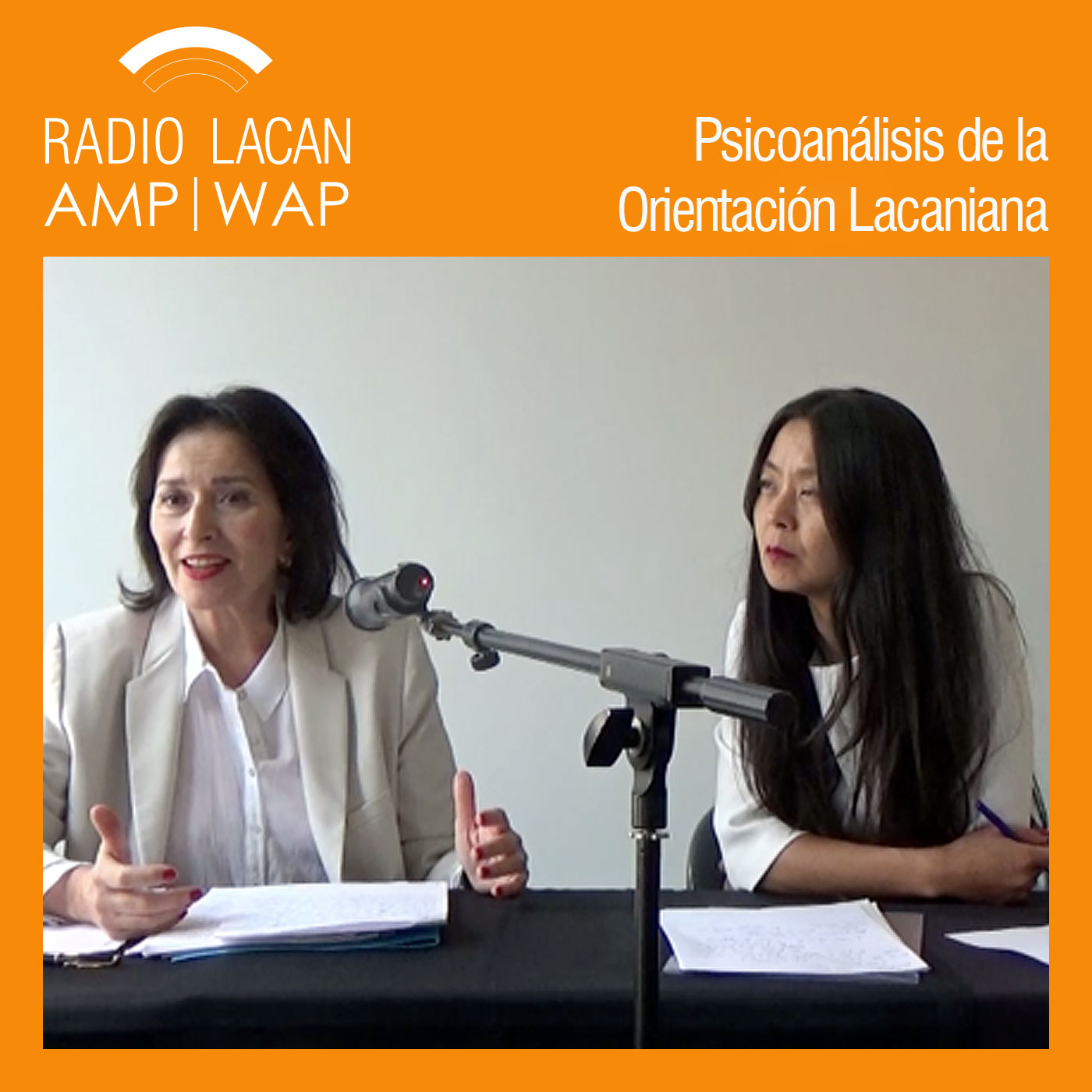 |
The Answer Is Transaction CostsAuthor: Michael Munger
"The real price of everything is the toil and trouble of acquiring it." -Adam Smith (WoN, Bk I, Chapter 5)In which the Knower of Important Things shows how transaction costs explain literally everything. Plus TWEJ, and answers to letters.If YOU have questions, submit them to our email at taitc.email@gmail.com There are two kinds of episodes here: 1. For the most part, episodes June-August are weekly, short (<20 mins), and address a few topics. 2. Episodes September-May are longer (1 hour), and monthly, with an interview with a guest.Finally, a quick note: This podcast is NOT for Stacy Hockett. He wanted you to know that..... Language: en-us Genres: News, Politics, Science, Social Sciences Contact email: Get it Feed URL: Get it iTunes ID: Get it |
Listen Now...
Adam Smith's Wealth of Nations Episode 9: Spending, Taxing, and Debt
Episode 24
Tuesday, 27 January, 2026
Send us a textWe walk through Book Five of The Wealth of Nations to map a state that defends, adjudicates, and builds wisely, then pays for it without killing growth. From militias to standing armies, fee-based courts to salaried judges, turnpikes to basic schooling, and taxes to debt, we test what holds up now.• defense as a professional, civilian-controlled standing army• justice as predictable law and salaried judges• public works funded by user fees where feasible• education to offset division of labor’s civic costs• incentives in universities and churches• four tax maxims and ability to pay• why land taxes beat mobile capital taxes• state property and monopolies as bad revenue• debt, consols, and fiscal illusion• Smith with Hume and public choice echoesWe do have one more episode, which is a summing up and taking stock of why the Wealth of Nations still matters today. It will post Tuesday, February 24th, 2026.If you have questions or comments, or want to suggest a future topic, email the show at taitc.email@gmail.com ! You can follow Mike Munger on Twitter at @mungowitz












